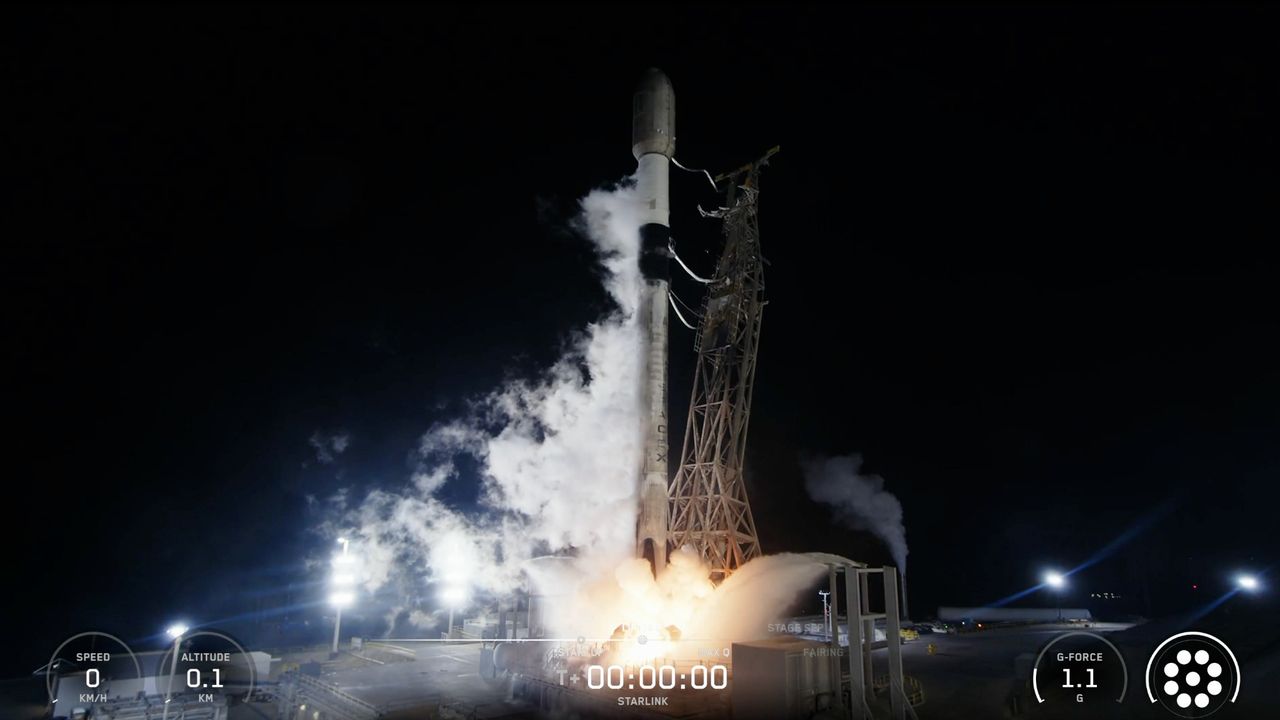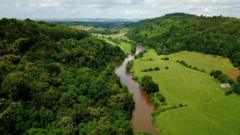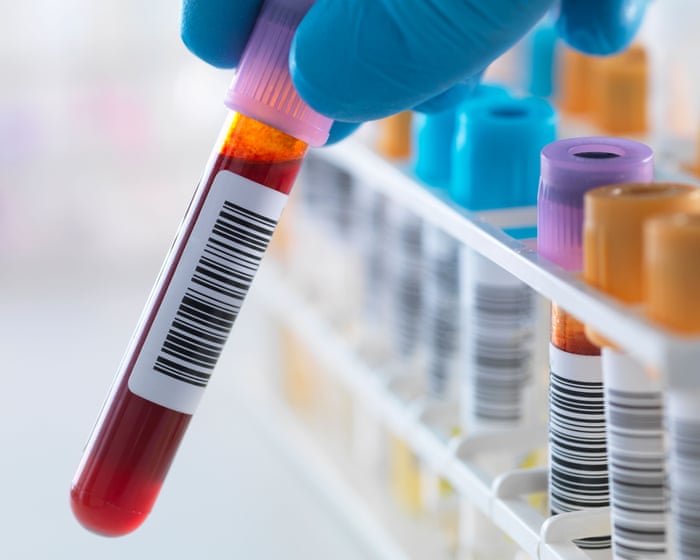Babies’ Brains Recognize Foreign Languages They Heard before Birth
PositiveScience
A recent study reveals that babies can recognize foreign languages they were exposed to before birth, processing them similarly to their native language. This discovery is significant as it highlights the remarkable capabilities of infants' brains and suggests that language acquisition begins much earlier than previously thought, potentially influencing early childhood education and parenting approaches.
— Curated by the World Pulse Now AI Editorial System








